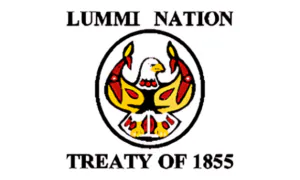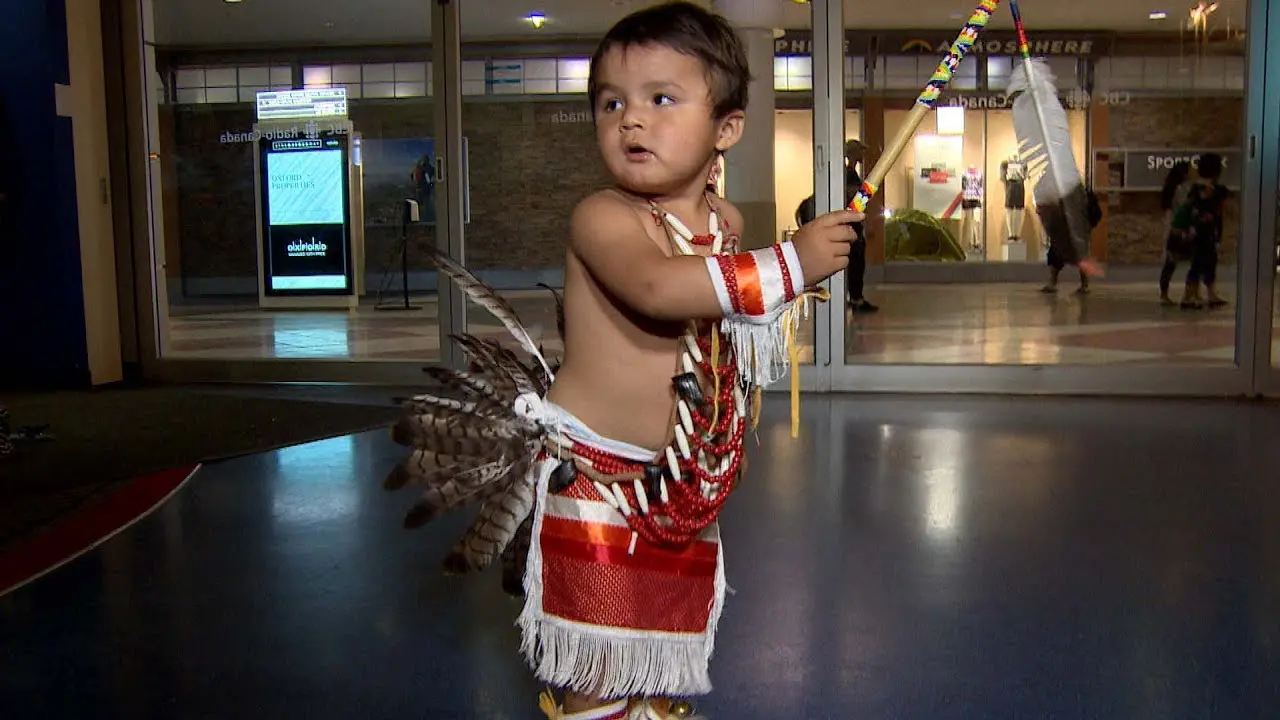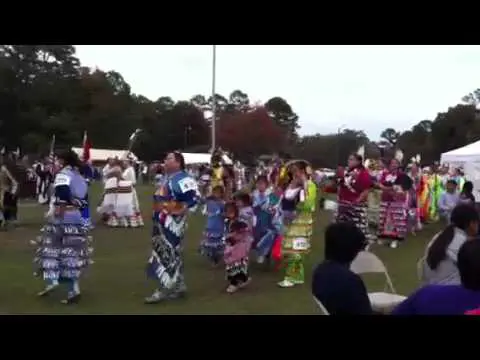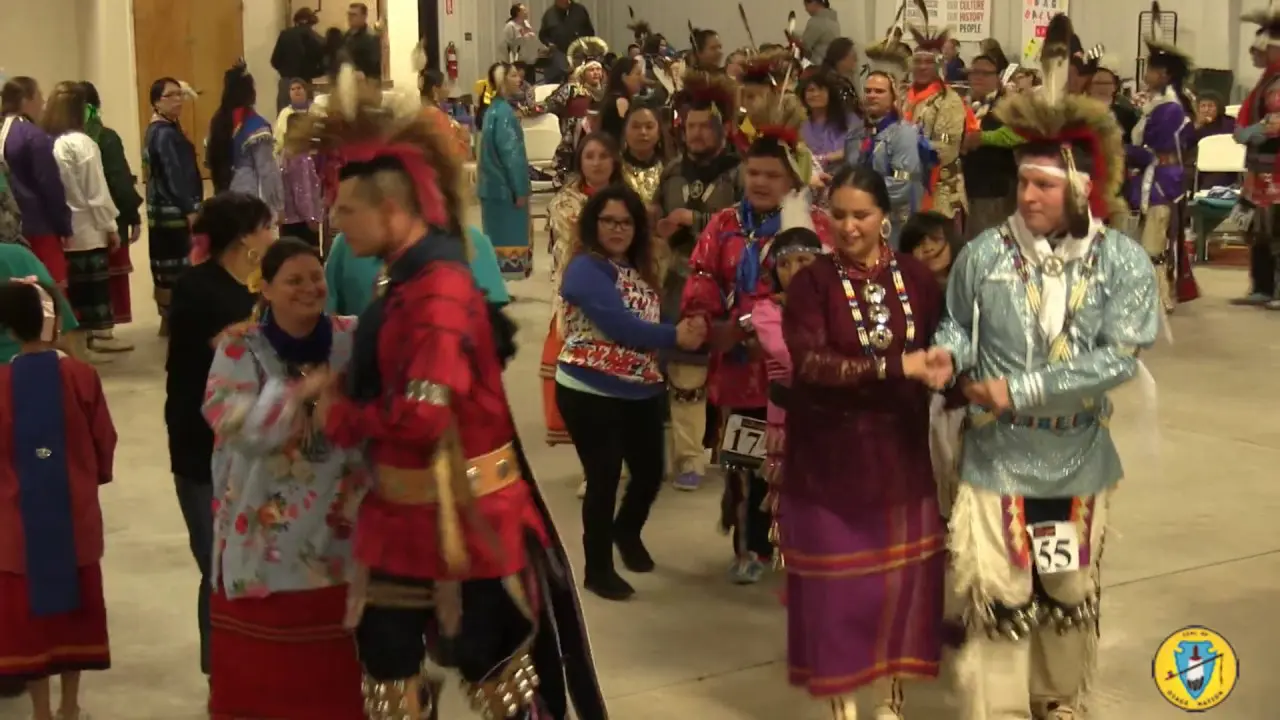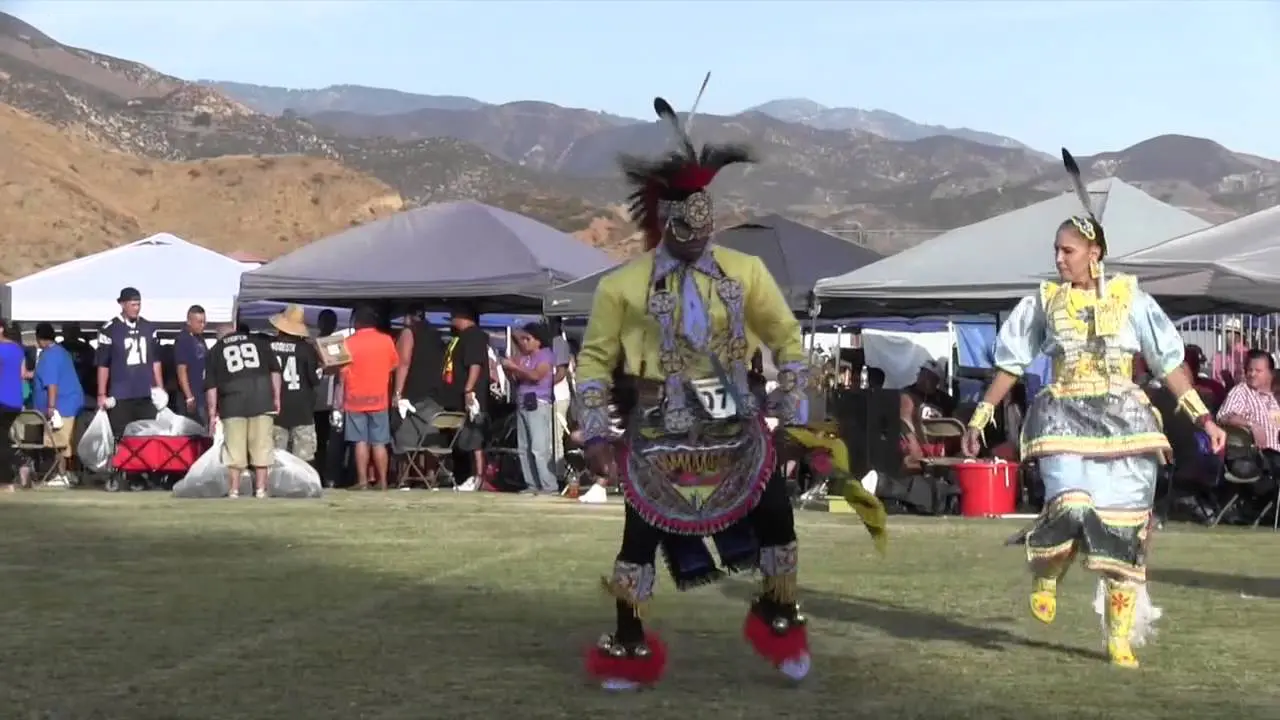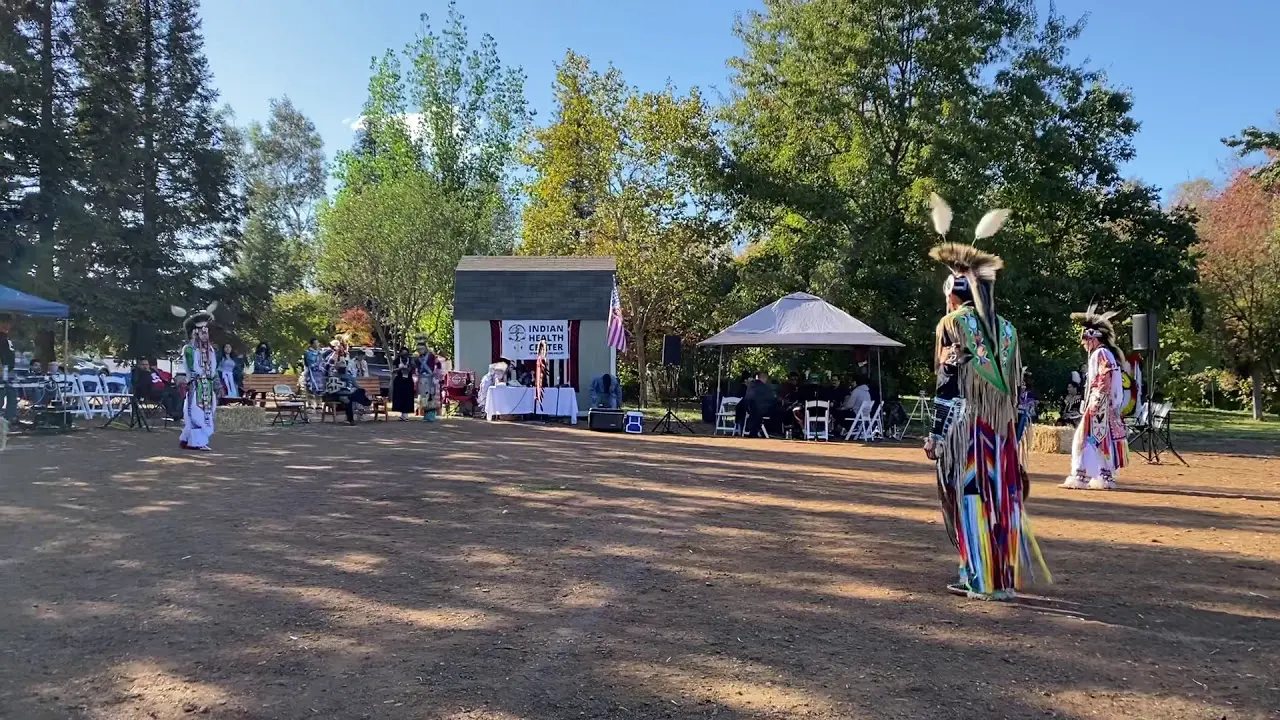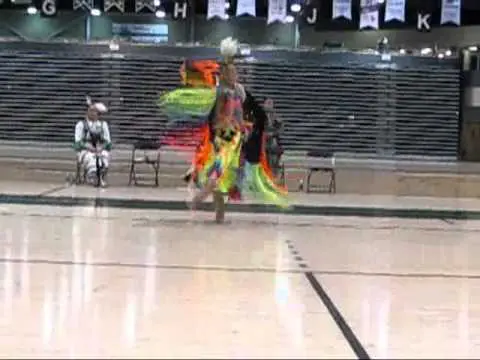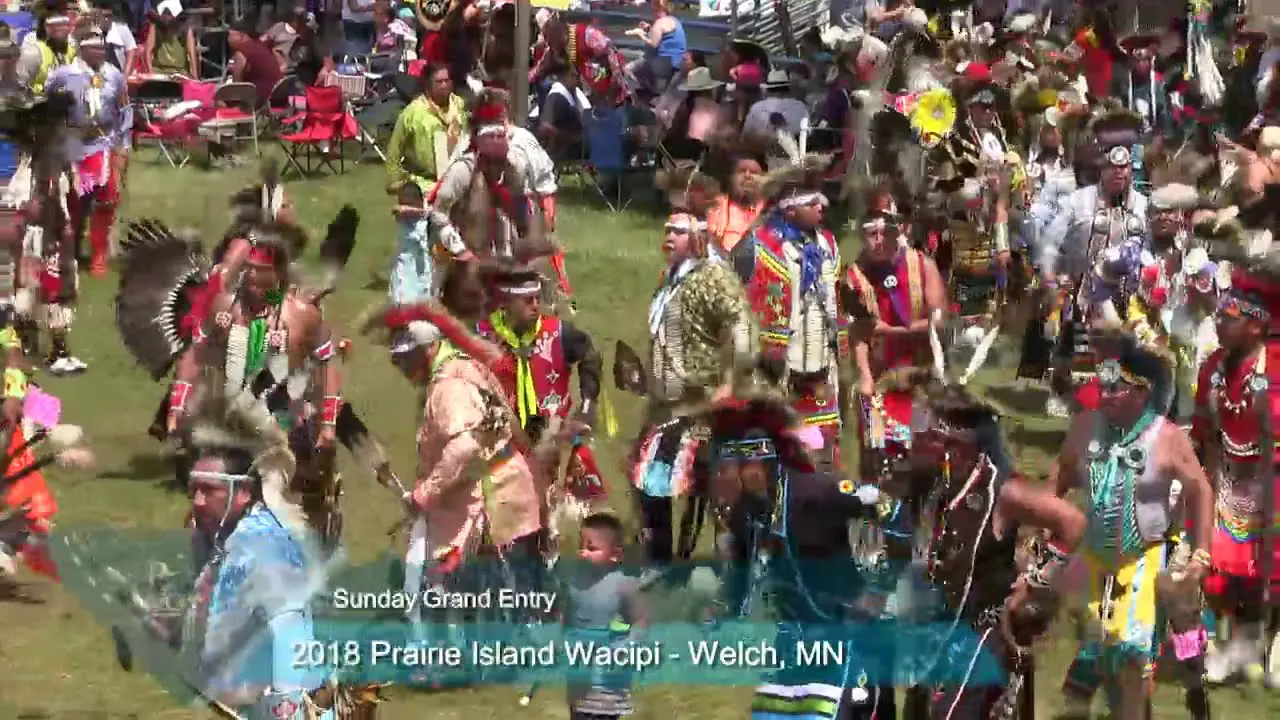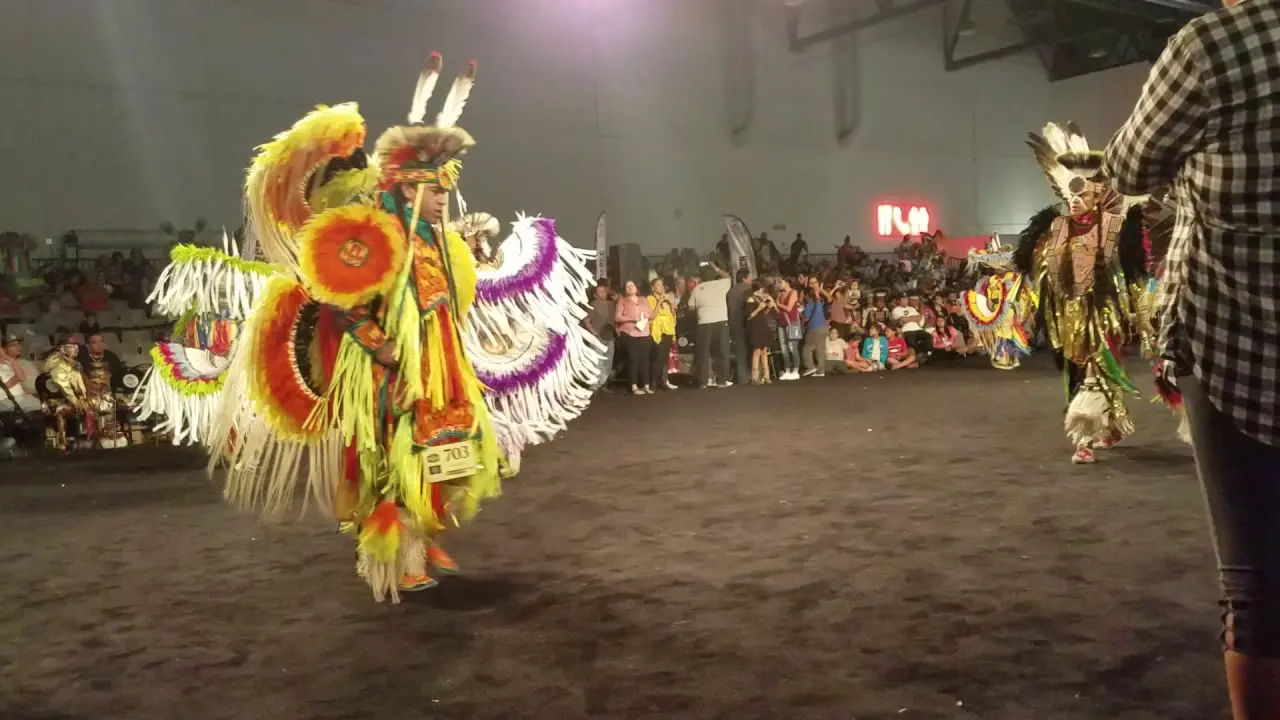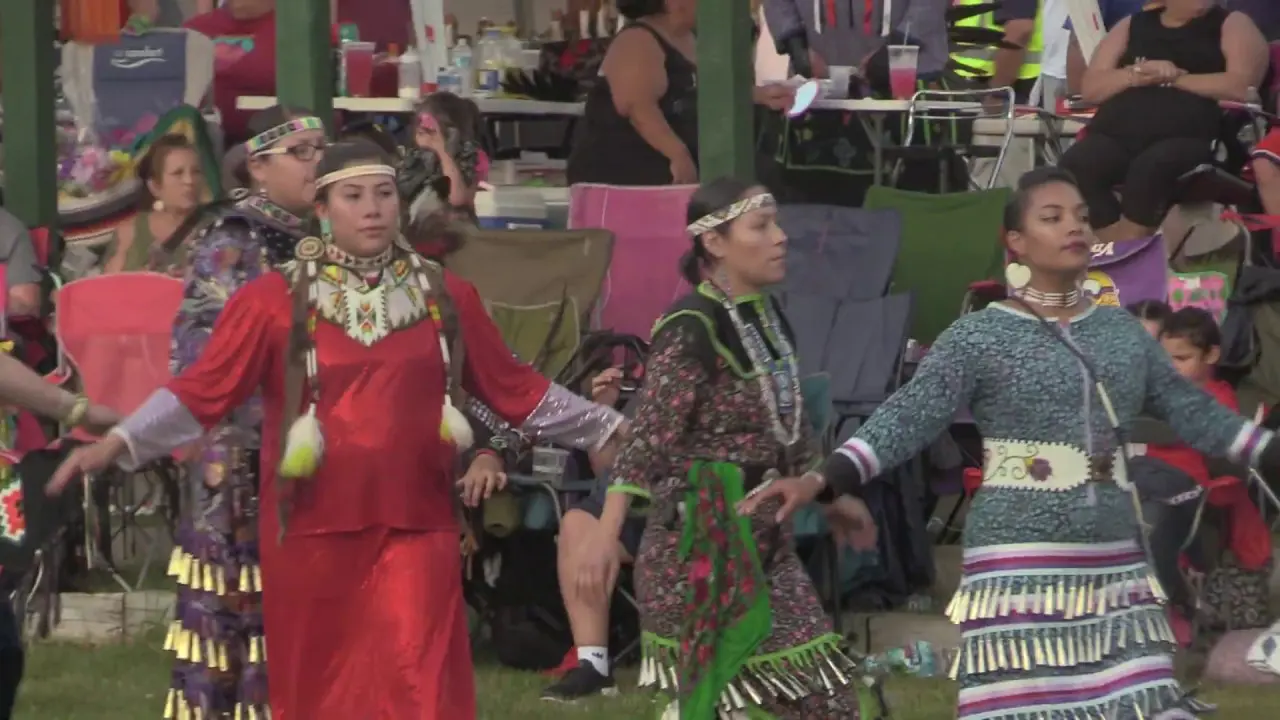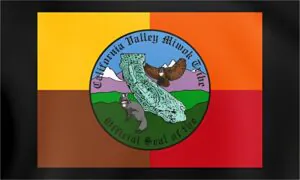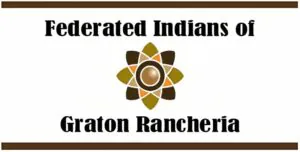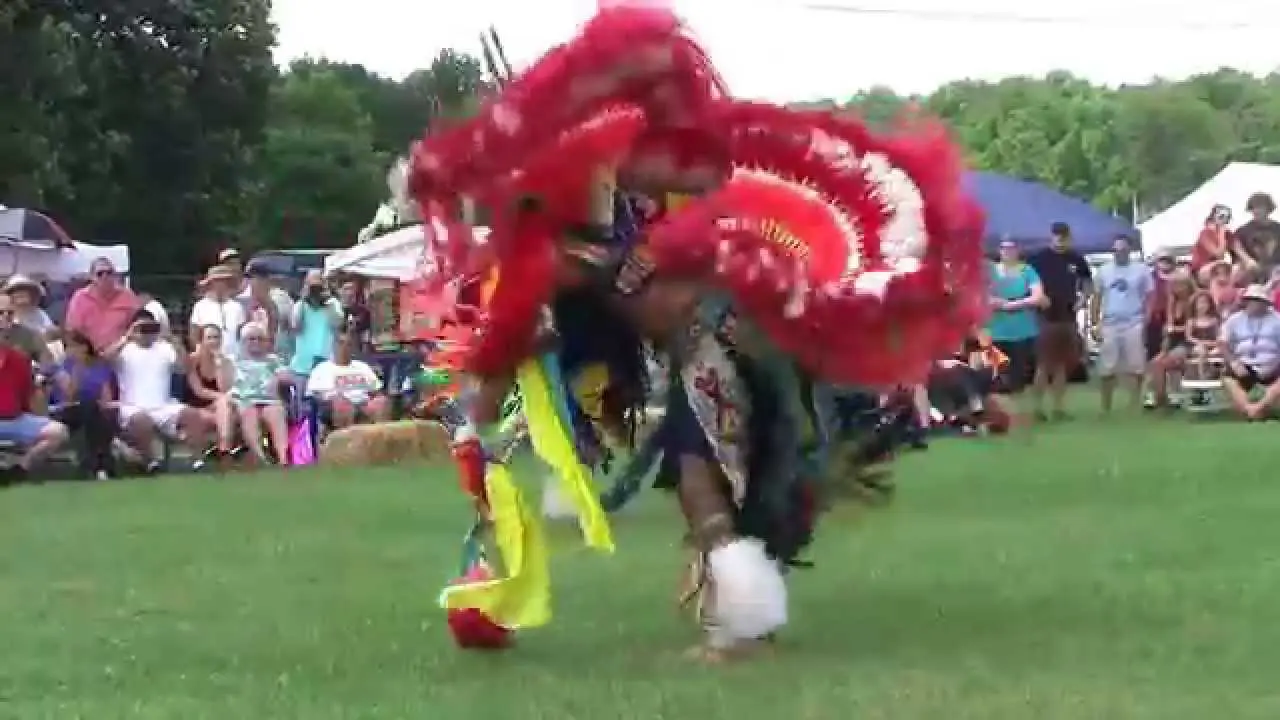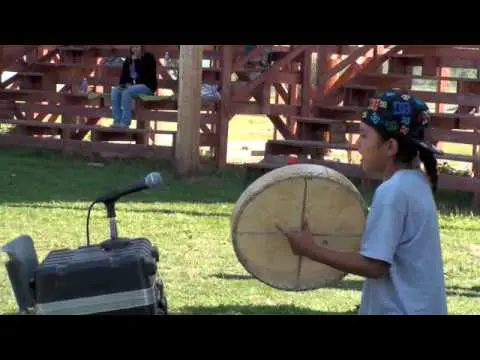Introduction to the Lummi Tribe of the Lummi Reservation
Nestled along the scenic shores of the Salish Sea in northwestern Washington State, the Lummi Tribe stands as a vibrant testament to the enduring spirit and cultural heritage of the Coast Salish people. With roots tracing back thousands of years, the Lummi Nation is not only one of the largest tribes in Washington but also a beacon of resilience and community commitment. The Lummi Reservation, spanning over 12,000 acres, is home to an active population dedicated to preserving their rich traditions, languages, and ancestral practices.
The Lummi people have a profound connection to their land and waters, which provide sustenance and shape their way of life. Known for their deep-seated fishing traditions, especially in salmon harvesting, the Tribe also engages in various economic enterprises, from sustainable seafood operations to tourism initiatives that showcase their cultural history. As modern challenges arise, the Lummi Tribe continues to advocate for their sovereignty and environmental stewardship, ensuring that future generations can experience the vitality of their unique identity.
As you explore the history, culture, and contemporary efforts of the Lummi Tribe, you will discover an engaging narrative that reflects not only their struggles and achievements but also their commitment to enriching the landscape of Native American culture in the Pacific Northwest.Whether visiting the Lummi Reservation or studying its rich traditions, you’ll find a dynamic and welcoming community, eager to share their stories and preserve their heritage for generations to come.
Origin Of The People
The Lummi Tribe,indigenous to the Pacific Northwest,primarily resides on the Lummi Reservation in Washington State. They are part of the Coast Salish cultural group, which encompasses various tribes inhabiting the region. The origin of the Lummi people is deeply rooted in the region’s geography and its rich natural resources. Archaeological evidence suggests that their ancestors have lived in the area for thousands of years, making them one of the oldest continuously inhabited cultures in North America.
Lummi oral history and traditional narratives tell of their connection to the land and ocean, depicting a profound relationship with natural elements like the Salish Sea and the surrounding forests. It is indeed believed that the Lummi’s name may derive from the Salish term “Lhu mee,” meaning “the people of the sea,” reflecting their reliance on fishing, particularly salmon, as a cornerstone of their diet and culture. The tribe’s culture is characterized by a well-developed system of trade, art, and ceremonies that celebrate their harvests and spiritual beliefs.
The Lummi people were traditionally skilled fishermen, and their fishing practices were not only vital for sustenance but also central to their social and spiritual lives. The tribe engaged in seasonal migrations to access various resources available in the region, ensuring their survival and cultural continuity. These practices also reflect a profound understanding of ecological balance and stewardship of the land and waters.
Today, the Lummi continue to honor their rich heritage while navigating contemporary challenges. Language revitalization efforts, traditional fishing rights, and cultural preservation initiatives are vital to maintaining their identity and passing on the knowledge of their ancestors to future generations. The resilience of the Lummi Tribe stands as a testament to their enduring connection to their homeland and their commitment to preserving their culture in a rapidly changing world.
Tribal Homelands
The Lummi Tribe, one of the many indigenous nations of the Pacific Northwest, occupies the Lummi Reservation, located in Whatcom County, Washington. This vibrant community spans approximately 22,000 acres and includes portions of gorgeous land along the coastline of Puget Sound. The Lummi people have called this region their home for thousands of years,with their ancestral lands rich in resources,culture,and tradition.
The Lummi Reservation encompasses a diverse ecosystem that includes saltwater shores, forests, and tidal marshes, providing the tribe with abundant resources vital for sustenance and livelihoods. Fishing has historically been central to Lummi culture, with species like salmon, crab, and shellfish forming the backbone of their diet and economy. The tribe’s connections to these waters reflect a deep spiritual and cultural relationship with the surroundings, emphasizing sustainability and respect for nature.
In addition to fishing,traditional practices such as basket weaving and arts have been kept alive through generations,showcasing the tribe’s heritage and connection to their homelands. The Lummi community also engages in contemporary economic ventures, including seafood processing and tourism, which help sustain their tribal economy while honoring traditional practices.
The Lummi Tribe actively works to preserve their cultural identity and protect their natural resources. Efforts to restore salmon populations and maintain clean water in Puget Sound demonstrate their commitment to environmental stewardship, reflecting the tribe’s ancient role as caretakers of their ancestral lands. The Lummi Reservation serves not only as a home but as a testament to the tribe’s resilience, making it a vital center for cultural revitalization and community engagement. Understanding the Lummi Tribe’s connection to their homelands offers insights into their rich traditions and ongoing fight for sovereignty and ecological balance in the face of modern challenges.
Interactions With Settlers
The Lummi Tribe,located on the Lummi Reservation in Washington State,has a complex history of interactions with settlers that reflects both positive collaborations and negative confrontations. One of the most notable positive interactions arose from mutual reliance on natural resources, particularly fishing. The tribe’s extensive knowledge of sustainable fishing practices allowed settlers to learn effective techniques that supported both communities. Tribal members often engaged with settlers in trade, exchanging goods such as salmon, shellfish, and crafts for agricultural products and tools. This exchange fostered relationships that benefitted both parties economically and culturally.
Though, these interactions were not always harmonious. Negative encounters frequently enough stemmed from land disputes and differing views on resource management. As settlers expanded their territories in the 19th century, the Lummi Tribe faced encroachment on their traditional lands, which significantly impacted their way of life. The federal policy of assimilation aimed to integrate Native tribes into settler society, leading to the loss of cultural practices and treaties that were often ignored or violated. Conflicts arose when settlers overfished the waters sacred to the Lummi,leading to a decline in fish populations that the tribe depended on for their sustenance.
Despite these challenges,the Lummi Tribe has worked to reclaim their rights and assert their sovereignty. The tribe’s legal battles for fishing rights in the mid-20th century brought attention to their struggles and resulted in landmark court rulings that affirmed their treaty rights. The Lummi have also engaged in community initiatives and partnerships with settlers aimed at environmental stewardship, highlighting their commitment to protecting marine ecosystems and fostering dialog. Through these interactions, the Lummi Tribe continues to navigate the complexities of their relationships with settlers, striving to balance tradition with modern advocacy for their rights and resources.
Most Notable Events In Their Tribal History
The Lummi Tribe, located on the Lummi Reservation in Washington State, has a rich and vibrant history marked by significant events that shape their cultural identity and sovereignty. One of the most notable events in their tribal history is the establishment of the Lummi Reservation itself in 1855. This reservation was created under the Treaty of Point Elliott, which recognized Lummi rights to their traditional lands, fishing, and hunting grounds. The treaty was a critical step in preserving their way of life amidst growing pressures from settlers.
In the mid-20th century, the Lummi Tribe faced challenges that prompted a resurgence of sovereignty efforts. Notably, the 1970s marked a pivotal period for many Indigenous tribes across the United States, and the Lummi were no exception. The successful legal battles during this decade laid the groundwork for restoring their fishing rights. A landmark case, United States v. Washington (often referred to as the Boldt Decision) in 1974, reaffirmed the Lummi Tribe’s treaty rights to half of the salmon harvest in Washington waters. This decision was monumental,as it restored not only fishing rights but also validated the tribe’s connections to their ancestral lands.
Throughout the 1980s and 1990s, the Lummi Tribe worked to revitalize their cultural practices and language. Efforts such as the establishment of the Lummi Nation Language Program helped preserve the Lushootseed language, which is essential to their cultural heritage. Additionally, the creation of the Lummi Nation Fisheries and other economic ventures aimed at sustainable progress showcased their commitment to balancing tradition with modernity.
The Lummi Tribe also made headlines in recent years regarding environmental stewardship and activism,particularly in the fight against major proposed fossil fuel projects. Their campaign against the Gateway Pacific Terminal, which threatened to turn the Lummi Bay area into a shipping hub for coal exports, was a testament to their dedication to protecting natural resources. This grassroots movement showcased their deep connection to the land and water, reinforcing their identity as stewards of the environment.
These events collectively reflect the resilience and strength of the Lummi Tribe. Their historical journey is not just one of survival, but also of revitalization and empowerment, showcasing their ongoing commitment to preserving their cultural heritage while navigating contemporary challenges.
Where Are Their Tribal Lands Now And How Were They Established
The Lummi Tribe, a Native American tribe located in northwest Washington State, resides on the Lummi Reservation, which encompasses approximately 22,000 acres of land on Lummi Island in Whatcom County. Established in 1855 through the Treaty of Point Elliott, the tribe originally occupied a much larger territory that extended throughout the northern coast of Washington, particularly along the shores of the Salish Sea.
Historically, the Lummi people relied heavily on the abundant natural resources in their region, including salmon fishing, shellfish harvesting, and traditional hunting and gathering practices. Over the years,though,outside pressures led to significant reductions of their ancestral lands. The establishment of the Lummi Reservation was a strategic attempt by the U.S. government to concentrate Native populations and manage land use, although it fell short of providing the Lummi people with the full extent of their traditional territories.
Today, the Lummi Reservation is home to around 5,000 enrolled tribal members who are actively engaged in preserving their culture, language, and traditions. The tribe has made significant strides in revitalizing their community and re-establishing their connection to the land. Recent efforts include land reclamation projects, sustainable fishing practices, and the promotion of cultural education within the tribe and to the wider community.
The Lummi people are also known for their commitment to environmental stewardship, especially concerning the protection of the local marine ecosystem. They have been active proponents for the preservation of salmon habitats in their surrounding waters, emphasizing the importance of these natural resources to their way of life and spiritual beliefs. Through partnerships with governmental and environmental organizations, the Lummi Tribe continues to play a crucial role in safeguarding their remaining territories and ensuring that their cultural heritage thrives for future generations.
Modern Concerns Of The Tribe
The Lummi Tribe, located in the Lummi Reservation in Washington State, faces a range of modern concerns that intersect with cultural preservation, environmental stewardship, and socio-economic development. One of the most pressing issues is the fight against climate change, which poses a significant threat to the tribe’s traditional fishing practices and natural resources. Rising sea levels and increased ocean temperatures impact the essential salmon runs, which are central to the tribe’s cultural identity and livelihood. The Lummi, known for their deep connection to the land and water, are actively involved in advocating for sustainable fisheries and habitat restoration projects to ensure the health of these resources for future generations.
In addition to environmental challenges, the Lummi Tribe is also focused on socio-economic development within the reservation. Efforts include enhancing educational opportunities, job training programs, and healthcare access to improve the overall quality of life for tribal members. The tribe has established ventures such as the Lummi Nation Seafood Enterprises, which not only promote local economic growth but also honor traditional fishing practices.Another contemporary concern is the preservation of the Lummi language and cultural heritage. As younger generations become more influenced by modern technology and external cultural narratives, initiatives are underway to revitalize the Lummi language and traditions through cultural education programs and community events. These efforts aim to foster pride and unity among the members, ensuring that their unique heritage is passed down through generations.
Furthermore, the Lummi Tribe actively participates in legal battles concerning land rights and treaty rights, as ongoing challenges with local and state governments continue to arise. The tribe’s commitment to sovereignty and self-determination drives their advocacy for protection of their ancestral lands against development projects that threaten their natural resources and sacred sites.
the modern concerns of the Lummi Tribe encompass a blend of environmental, socio-economic, cultural, and legal challenges. The tribe’s resilience in facing these issues highlights a dedication to preserving their heritage while adapting to an ever-changing world.
Events And Other Social And Political Activities
The Lummi Tribe, based on the Lummi Reservation in Washington State, actively engages in a range of social, cultural, and political events that highlight their commitment to preserving their heritage and advocating for their rights. One of the most significant annual events is the Lummi Nation Canoe Journey, which celebrates traditional ocean-going canoe travel. During this event, tribal members and participants from other Indigenous nations come together to honor their ancestral practices, promote cultural revitalization, and strengthen community bonds through shared experiences on the water.
In addition to cultural events, the Lummi Tribe is involved in various political activities aimed at protecting their treaty rights and natural resources. The Lummi Nation is known for its active role in environmental advocacy, particularly concerning the protection of Puget Sound and the surrounding ecosystems.The tribe has been vocal about issues such as fishing rights and has engaged in legal battles to uphold their treaty-protected fishing areas against industrial development and pollution.
Furthermore, social gatherings like community feasts, powwows, and educational workshops serve to reinforce tribal identity and foster intergenerational knowledge transfer. These events offer opportunities for Lummi members to come together, share stories, and engage in discussions about the future of their community.
The Lummi Tribe also collaborates with local, state, and federal agencies to address social issues such as health disparities and economic development. Through initiatives focused on economic sustainability, the tribe has seen growth in areas like tourism, which showcases Lummi culture and history while generating revenue to support community programs.
the Lummi Tribe’s calendar is filled with events that are not only a celebration of their rich cultural heritage but also an integral part of their ongoing journey toward sovereignty, environmental stewardship, and social empowerment.
